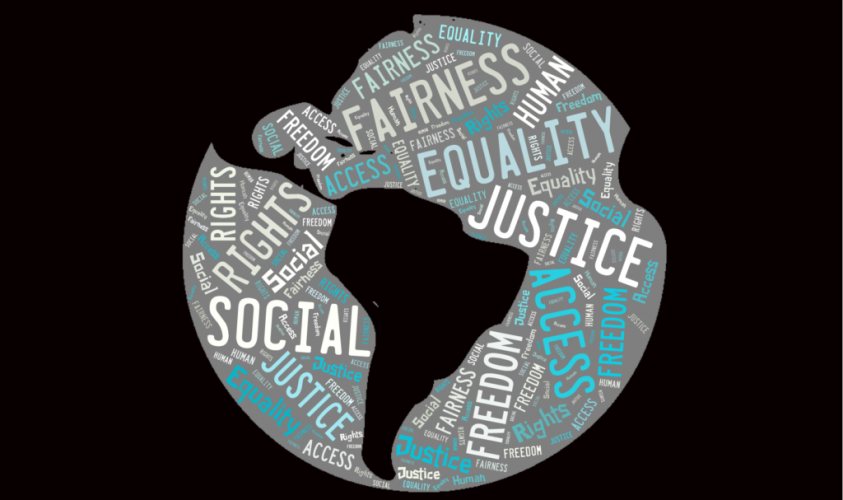By Emily Huff —
On the United Nations’ webpage dedicated to the World Day of Social Justice, social justice is defined as “an underlying principle for peaceful and prosperous coexistence within and among nations. We uphold the principles of social justice when we promote gender equality or the rights of indigenous peoples and migrants. We advance social justice when we remove barriers that people face because of gender, age, race, ethnicity, religion, culture or disability.”
February 20th has been a United Nations special observance day annually since 2008 in an effort to promote global awareness and action around issues of social justice to promote development and human dignity. The focus has been on working to guarantee fair outcomes for all in the areas of employment, social dialogue and social protection.
As a way to honor this day, I wanted to share a recent reflection after reading one of Martin Luther King Jr.’s sermons when he preached on Luke 10:33: “But a Samaritan while traveling came near him; and when he saw him, he was moved with pity.”
Dr. King said, “The first question which the priest and the Levite asked was: ‘If I stop to help this man, what will happen to me?’ But… the good Samaritan reversed the question: ‘If I do not stop to help this man, what will happen to him?’”
When I first read the second part of the quote, I actually misread it. I thought it said, “If I do not stop to help this man, what will happen to me?”
And I think that this mistake in the reading is quite helpful in understanding social justice. First we must ask if we do not stop, what will happen to our brothers and sisters? Yes- but also, what will happen to me if we do not take the time to stop? For in the body of Christ, our neighbor’s pain certainly is our business. If we look away and think it has no connection to us, we are foolish and we are missing God’s call to serve.
As we ponder what this means in our own lives and what an invitation to us might be on this day observing Social Justice, I want to offer Dr. Martin Luther King Jr’s words again as a guide:
“Thou Eternal God, out of whose absolute power and infinite intelligence the whole universe has come into being, we humbly confess that we have not loved thee with our hearts, souls and minds, and we have not loved our neighbors as Christ loved us. We have all too often lived by our own selfish impulses rather than by the life of sacrificial love as revealed by Christ. We often give in order to receive. We love our friends and hate our enemies. We go the first mile but dare not travel the second. We forgive but dare not forget. And so as we look within ourselves, we are confronted with the appalling fact that the history of our lives is the history of an eternal revolt against you. But thou, O God, have mercy upon us. Forgive us for what we could have been but failed to be. Give us the intelligence to know your will. Give us the courage to do your will. Give us the devotion to love your will. In the name and spirit of Jesus, we pray. Amen.”

